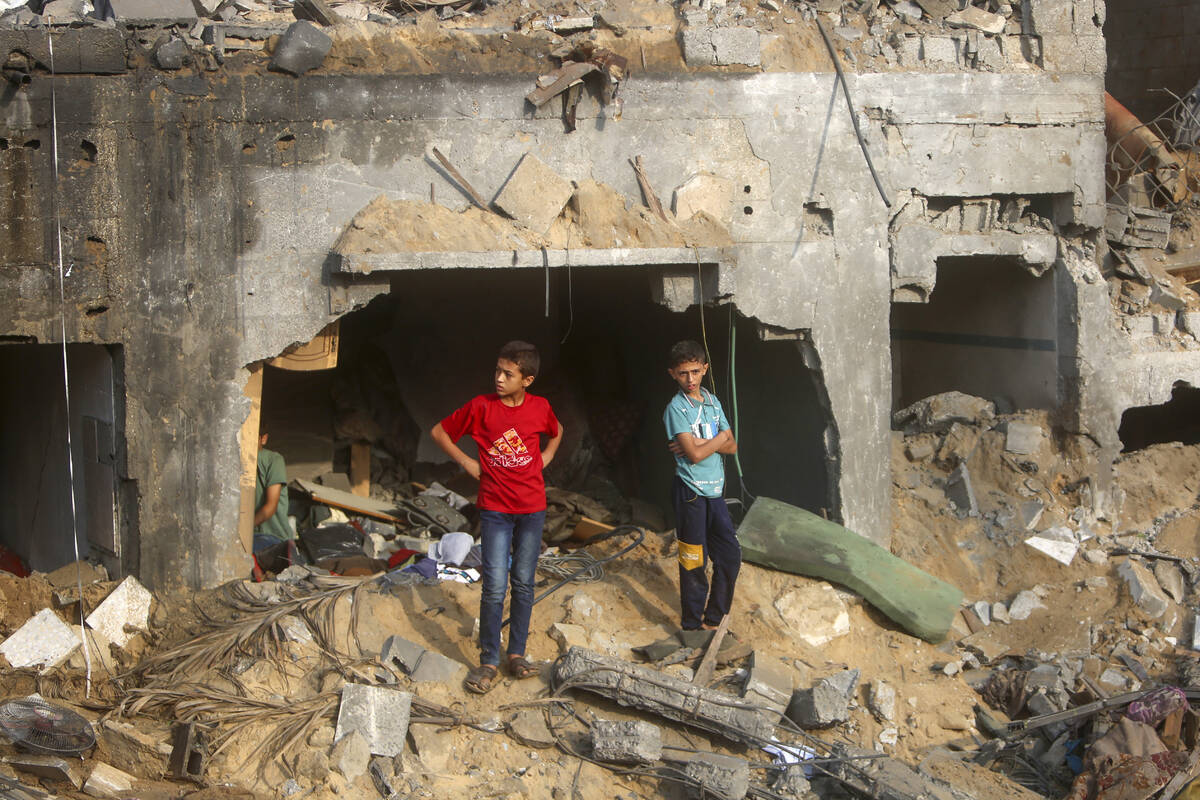US shares hard lessons with Israel

The prospect of Israeli forces launching an assault into Gaza’s dense urban neighborhoods, where terrorists use civilians as human shields, brings back searing memories of the deadly battles the U.S.-led coalition fought against the Islamic State group in Iraq and Syria.
For Defense Secretary Lloyd Austin and his military leaders, that intense combat and the thousands of civilians killed in airstrikes and neighborhood gunfights in Mosul and Raqqa are lessons to be shared as Israel prepares for a possible ground invasion against Hamas.
“In our conversations with the Israelis, and as we’ve made very clear, we’re continuing to highlight the importance of mitigating civilian casualties and ensuring that … things like safety corridors are thought through,” Brig. Gen. Pat Ryder, the Pentagon spokesman, said Tuesday.
The U.S. can paint a vivid picture of civilian slaughter. During the eight-month siege to liberate Mosul from Islamic insurgents, as many as 10,000 people were killed, including at least 3,200 civilians from airstrikes, artillery fire or mortar rounds between October 2016 and the fall of the Islamic State group in July 2017.
Austin; Gen. CQ Brown, chairman of the Joint Chiefs of Staff; Gen. Eric Kurilla, head of U.S. Central Command; and other senior military commanders all spent time in the region around then and watched the violence unfold.
“Sharing our 20 years of lessons learned is occurring up and down the chain,” said Navy Capt. Jereal Dorsey, the spokesman for Brown.
Underscoring that priority, the United States has sent a team of military advisers to Israel, including Marine Corps Lt. Gen. James Glynn, who helped lead special operations forces against the Islamic State group.
Glynn, who also served in Fallujah during some of the most heated urban combat there at the height of the Iraq War, will be able to advise the Israelis on how to mitigate civilian casualties in urban warfare.
“These officials include Gen. Glenn, have experience when it comes to urban combat,” Ryder told reporters Tuesday. “They’re in there temporarily with their military expertise to just go through and discuss some of the hard questions that the IDF should consider as they plan various scenarios.”